

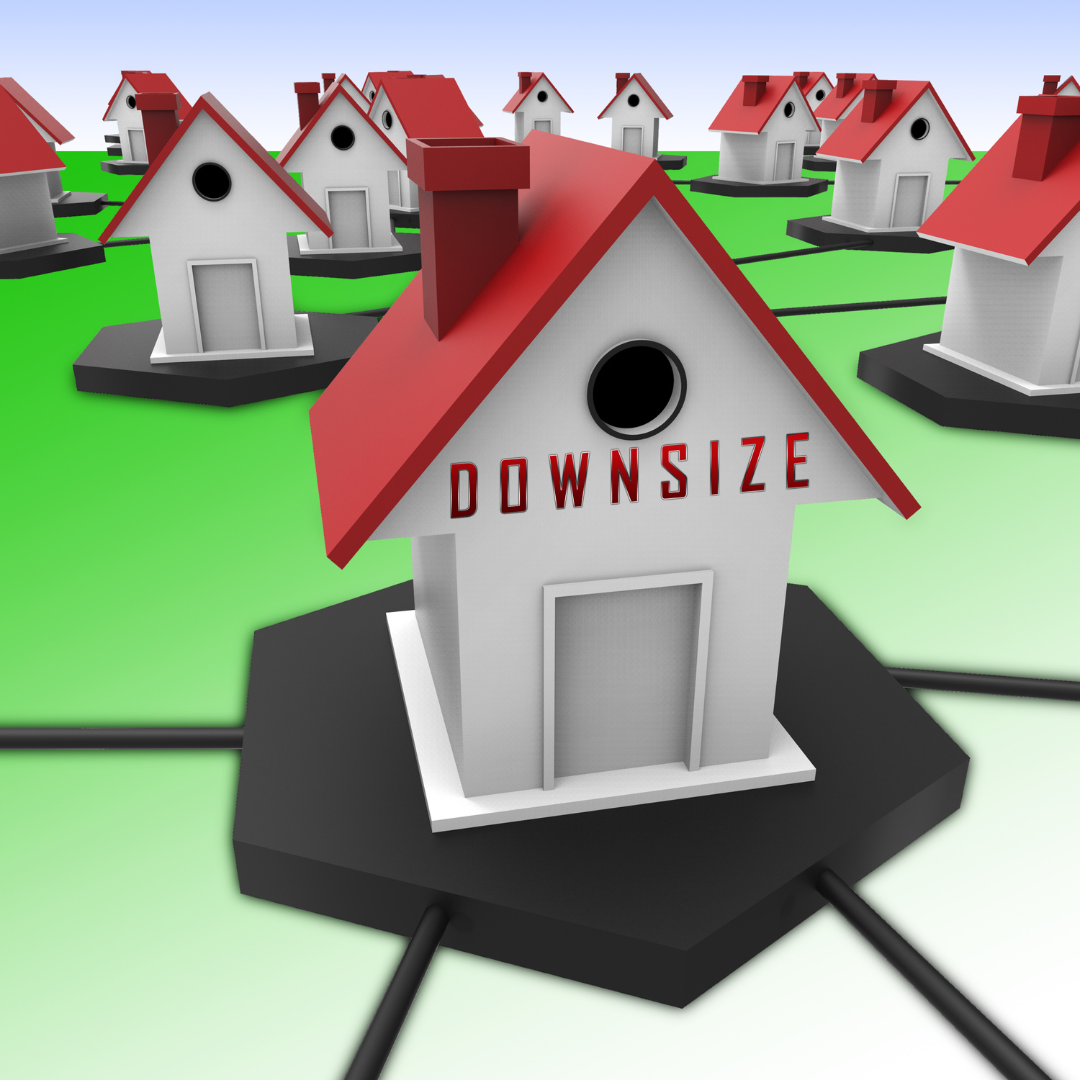
One of the primary motivations for downsizing is to achieve financial freedom. By moving to a smaller home, you can significantly reduce your mortgage payments, utility bills, and maintenance costs. This extra money can be used for other important aspects of life, such as traveling, investing, or simply enjoying a more comfortable retirement.
Large homes require constant upkeep, from lawn care to repairs and cleaning. Downsizing to a smaller home or a condo means less time spent on maintenance and more time for leisure activities. Imagine not having to worry about mowing the lawn or fixing that leaky roof!
Many people are drawn to the minimalist lifestyle, which emphasizes living with less and focusing on what truly matters. Downsizing forces you to declutter and keep only the essentials, leading to a more organized and peaceful living environment.
As people age, mobility can become an issue. Moving to a smaller, single-story home or an apartment with elevators can make daily living much easier and safer. Additionally, living closer to urban centers can provide better access to healthcare, shopping, and entertainment.
With less house to maintain, you’ll have more time to enjoy your hobbies and travel. Whether you love gardening, painting, or exploring new places, downsizing can free up your schedule and allow you to pursue your passions.
Smaller homes typically have a smaller environmental footprint. They consume less energy, use fewer resources, and produce less waste. By downsizing, you contribute to a more sustainable lifestyle and help protect the environment.
Downsizing can lead to a simpler, more stress-free life. Without the burden of managing a large home, you can focus on enjoying life and spending time with loved ones. A simpler home often translates to a simpler, more fulfilling lifestyle.
Many retirees find that downsizing helps stretch their retirement savings further. The money saved from selling a larger home can be invested or used to enhance their quality of life during retirement. It’s a practical step towards ensuring financial stability in later years.
Downsizing offers numerous benefits, from financial freedom and less maintenance to improved accessibility and a simplified lifestyle. It’s a decision that allows many to focus on what truly matters and enjoy life to the fullest. If you’re considering selling your home and downsizing, think about the positive changes it can bring to your life. 🌟

I just read a comment from a former Realtor, now a real estate mentor. In her comment, she mentions how she is driven crazy when a Realtor posts, “It is always a good time to buy or sell!”
She makes the point that it all depends on each person’s current situation, and I agree. It is not always the best time for a person to buy or sell, and as a Realtor, it is incumbent on us, when someone reaches out, to determine what their current situation is, and each situation, even if it may be similar to someone else’s, is unique. There are many factors to consider. It may not be a good time for them.
I get what some Realtors mean when they write that “It is always a good time to buy or sell!” I believe what they are trying to say is, that throughout the year, there is no bad time to buy or sell. There was a time that it was always best to sell during the spring market, which was late March to mid-June. That was when there were many buyers out looking.
While it is true that more homes do sell during the spring market, the spring market is now starting before spring officially starts and depending on weather, it can be very busy! The spring market does also tend to drift into the summer, which unlike many years ago, is still a pretty solid market. There are still times when there are competing offers.
Each season brings some challenges. If you are selling your home, and decide to list in the spring, you have the challenge that many homeowners are doing the same, so you face heightened competition (this hasn't been the case in recent years due to a lack of available homes). Summers are a slower time to sell, folks are on vacation and less people are out buying.
The market does tend to pick up in the fall, and then taper off into December and into February. That was the time, as it was, and may still be with buying antiques, that with less buyer competition, you may be able to negotiate a better price. In recent years, the market is still fairly robust in December and January.
All that said, there are other factors involved with the market. Here in Ottawa, even before Covid, we have had a lack of available homes on the market, pushing home buyers into competitive, multiple offer situations, driving up prices. It does not help that every level of government has gotten way behind in new home construction.
I have had people tell me recently, that they are waiting for the fall to buy, when the Bank of Canada cuts the key lending rate again. There is no guarantee this will happen. Here is the thing, interest rates are a factor for sure when buying a home. People still buy homes when interest rates are higher. When I bought my first home, I paid 12.25%, during the recession of the 1980’s.
What is more of a factor here in Ottawa is the lack of available homes. So, let’s just say that the Bank of Canada does in fact lower the key interest rate another .25 % or even .50%. If the number of available homes remains the same as today, and the majority of buyers also wait for the rate drop, you now have more buyers competing for those homes, which will result in more competitive, multiple offer situations, driving up the prices, so whatever gain was made with the lower interest rate, is countered by the increase you will have to pay for that home, which potentially, you may have been able to purchase for less had you bought now.
Another consideration is, if you are pre-approved now, the lender will hold the interest rate for you for up to 120 days, depending on the lender. That means that while you are looking during that period, and interest rates go up, you will not be affected, you will have the rate that was given at the time of the pre-approval. However, if the rate goes down, you will get the lower rate.
You would have to verify with your lender to see, if they offer this: Let’s say you buy your home now in July, and the possession date, the day you take ownership, is in late September. Your lender still may give you the rate at the time of possession, if it is lower than the rate at the time the offer was accepted, and the sale became firm. If it is within the rate holding period. This would help you avoid potentially higher competition for the home, and still benefit from the better interest rate!
So, all this to say, there are many factors to consider when exploring the idea of potentially selling or buying your home. That begins and ends with your unique personal situation.
Find a Realtor who asks questions, listens attentively, answers your questions, then presents you with options based on your responses, and lets you decide if you wish to proceed. Someone who will respect your decision and does not try to persuade you to sell or buy. If you would be more comfortable, have a family member or close friend with you. If you do not want to buy or sell, no one should be attempting to persuade you to change your mind! You should never feel pressured or rushed, even if you already wanted to, or do decide to sell, you should not be rushed into having your home on the market. Take the time you need.
Note: If someone knocks on your door, and asks if you are thinking of selling your home and you say no. They should simply thank you for your time and be on their merry way. They should not attempt to persuade you that you should sell! I was told of this happening recently to a woman in her late 70’s and it was definitely not in her best interest. You should be the one initiating the conversation, not the other way around.


If you're considering buying a home in Ontario, one of the most crucial steps you can take early in the process is obtaining a mortgage pre-approval. A pre-approval offers several benefits that can help streamline your home-buying journey and provide you with a competitive edge in the housing market.
A mortgage pre-approval gives you a clear picture of how much you can afford to borrow. By providing your lender with financial documents such as income verification, credit history, and debt information, you’ll receive a specific loan amount that you qualify for. This helps you narrow down your home search to properties within your budget, saving you time and energy.
Having a pre-approval letter shows sellers that you are a serious and qualified buyer. In competitive markets like Ontario, this can be a significant advantage. Sellers are more likely to consider offers from pre-approved buyers because it indicates financial readiness and reduces the risk of the deal falling through due to financing issues.
Interest rates can fluctuate, and securing a pre-approval can lock in your rate for a set period (typically 60 to 120 days). This can protect you from potential rate increases while you search for your home. Knowing your interest rate in advance also allows you to budget more accurately for your monthly mortgage payments. In some cases, if the rates go down, you will get that lower rate.
Since a large part of the mortgage application process is completed during pre-approval, the time required to finalize the loan once you’ve found a home is significantly reduced. This can make the closing process faster and smoother, which is appealing to sellers looking for a quick sale.
During the pre-approval process, lenders thoroughly review your financial situation. If there are any issues with your credit score, debt levels, or income that could impact your ability to secure a mortgage, you will find out early. This allows you to address these issues before you start house hunting, improving your chances of final approval.
Knowing that you are pre-approved for a mortgage provides peace of mind. It allows you to focus on finding the perfect home without worrying whether you’ll be able to secure the necessary financing. This assurance can make the home-buying experience less stressful and more enjoyable.
To obtain a mortgage pre-approval in Ontario, follow these steps:
Obtaining a mortgage pre-approval is a strategic step that offers numerous benefits for home buyers in Ontario. It not only helps you understand your budget and strengthens your offer but also locks in your interest rate, speeds up the closing process, and identifies potential financial issues early on. By taking this step, you position yourself as a serious and prepared buyer, ready to navigate the competitive Ontario housing market with confidence.
For more information on mortgage pre-approvals, visit the Canada Mortgage and Housing Corporation (CMHC) or consult with your preferred lender.
If you do not have a preferred mortgage specialist, please let me know. I am happy to provide a few specialists.
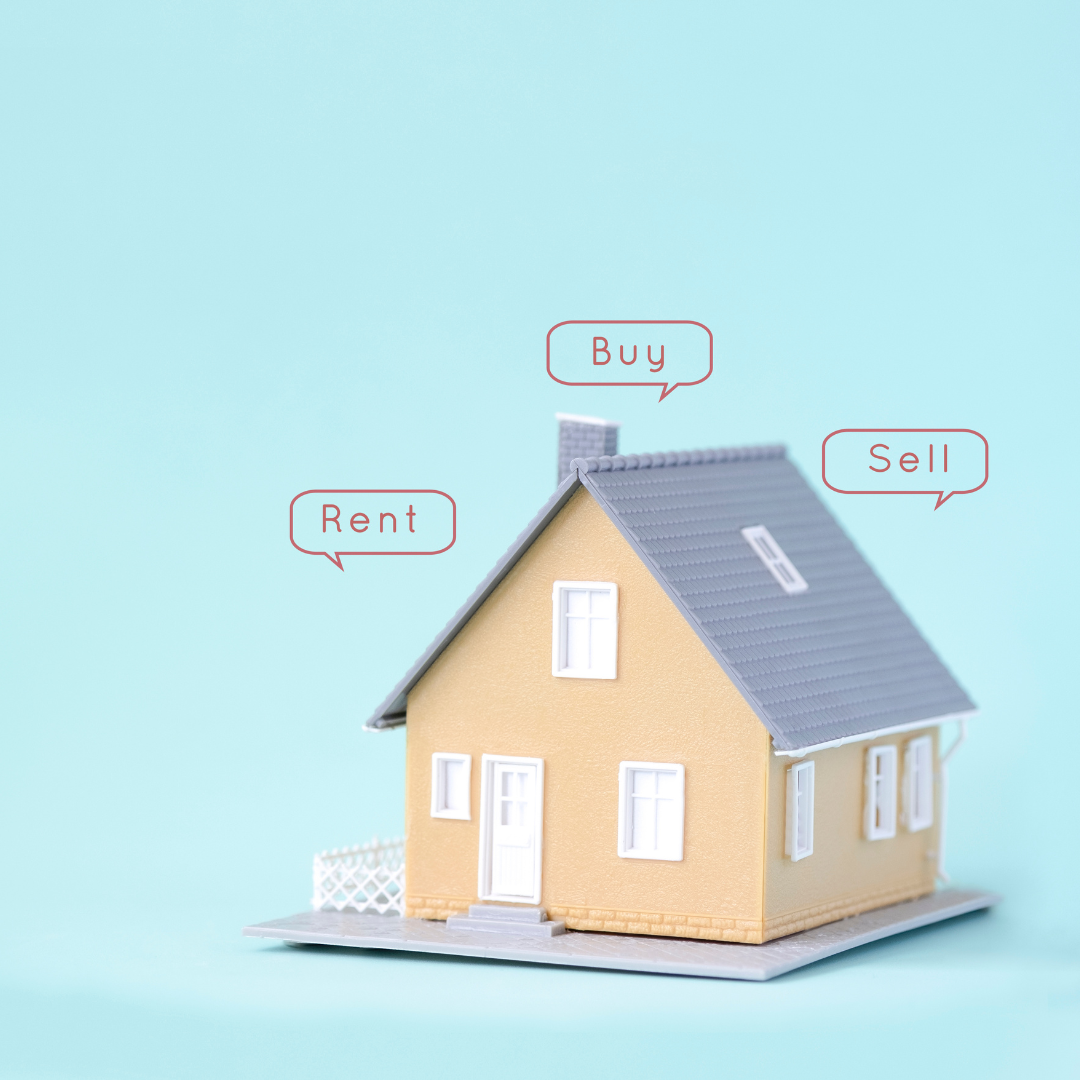
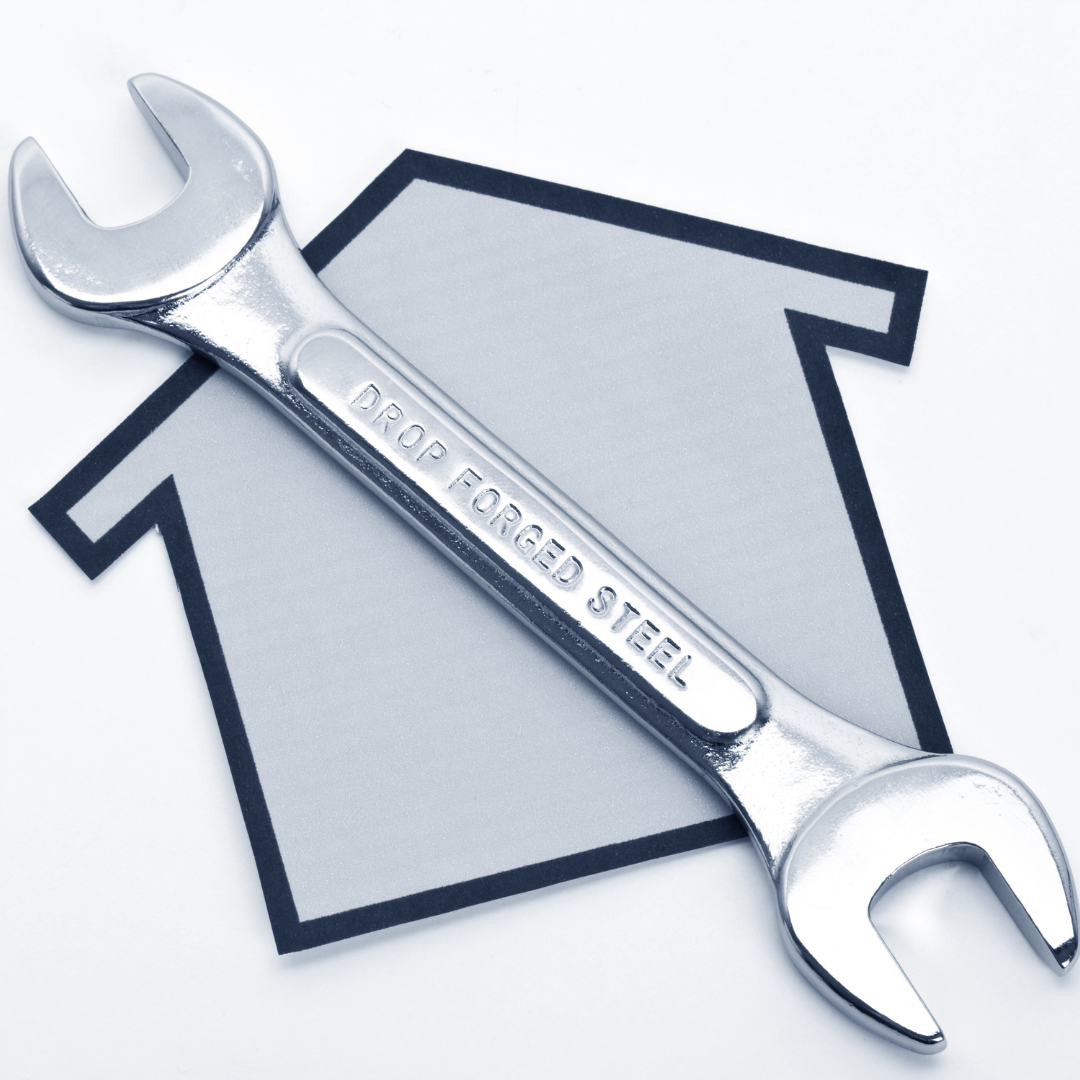
If you own a car, you're probably aware that ownership costs extend beyond just loan payments and fuel. You also need to budget for maintenance and repairs, which can be more expensive for older vehicles. The same principle applies to your home. It's important to budget for expected repairs and maintenance to avoid surprises.
Experts suggest setting aside 1% of your home's value each year for maintenance. For instance, if your home is worth $500,000, you should budget $5,000 annually. This is a general guideline, and if your home is older, you might need to allocate more.
Another approach is to budget $1 per square foot. So, for a 2,500 square foot home, you should set aside $2,500. Again, this amount should be higher for older homes.
When planning your budget, consider items that might need replacing in the next three years, such as roof shingles, furnace, air conditioning unit, deck, fence, plumbing, and windows. For example, a new air conditioning unit can cost around $4,000, depending on the size, model and efficiency. Planning for such expenses can help you avoid unexpected financial stress.
Remember, budgeting for repairs and maintenance doesn’t mean you’ll spend that money every year. However, having the budget available provides peace of mind, knowing you're prepared for any necessary expenses.

Making the decision to sell your home can be tough and overwhelming. If you're considering a move and struggling with the decision, here are five helpful questions to ask yourself:
“What is your practical reason for selling?”
“What are your emotional reasons for selling?”
“What type of new home can you afford?”
“In what ways will your lifestyle be better in a new home?”
“What else do you need to know before you decide to sell and move?”
Do these questions help make the decision easier? If you need more help or want to talk about your decision, call today! 📞

You've probably heard the saying, "Your home is your biggest investment." For most homeowners, that rings true. So, when you're shopping for a new home, it's crucial to consider the financial implications. Ideally, you want a home that will appreciate over time—a strong potential return on investment.
However, dollars aren’t the only type of return to look for in a new home. Real estate is unique because the "emotional" return can be just as significant as the financial one, if not more so.
Imagine you're considering moving to a neighborhood closer to work. You’ll save an hour on your commute each day. Financially, this might not seem like much beyond some gas savings. But emotionally, the payoff is huge. Think about what you could do with that extra hour—spend more time with your kids, hit the gym, or simply relax.
When you're moving, considering the emotional return on investment is essential. It greatly impacts your lifestyle and enjoyment of the property.
So, how do you factor this in when selling your property and searching for your next dream home? When you find a home you like, list all the emotional benefits of living there. This list might include having a nearby park, being closer to friends or family, having a proper home office, or more space for a growing family.
Then, factor that list into your decision-making process.

If you're thinking about listing your property, you might be worried about getting your home ready for sale. You might wonder how much work it will be. Will it take months, weeks, or just a few days?
This depends on your property's condition.
However, no matter how close your home is to being "show time" ready, there are plenty of ways to speed up the preparation. Here are some tips:
Bottom line: Preparing your home doesn't need to be overwhelming and time-consuming.
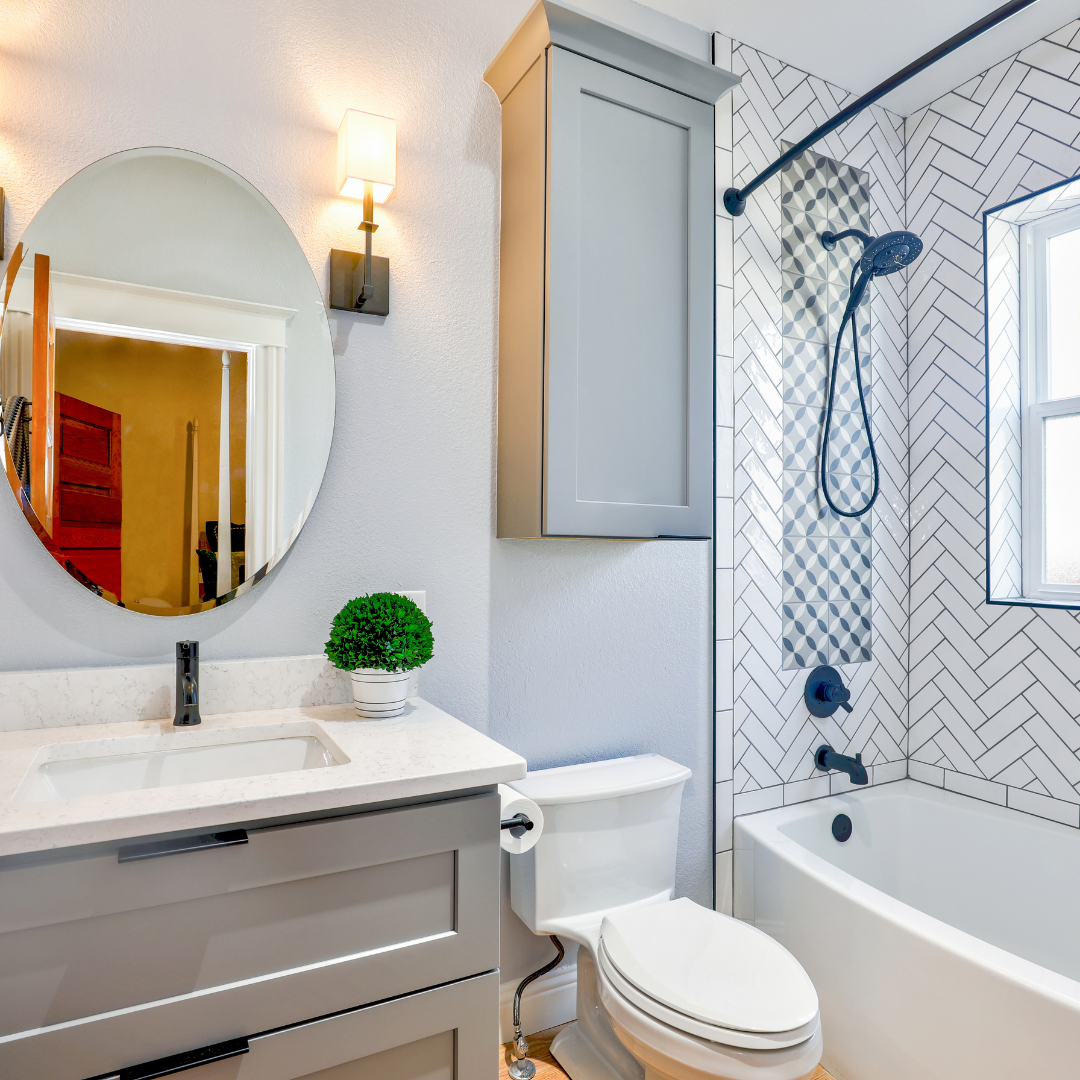

Picture this: you're feeling the squeeze in your sedan as your family grows, so you venture to the dealership and return with a bus. Quite the leap, unless you're expecting a small army of kids!
That's the trick with sizing up or down. You've got to tread carefully to avoid ending up with something that just doesn't fit. It's a common pitfall in real estate too. Homeowners may aim to downsize but end up feeling like they're living in a shoebox.
So, how do you steer clear of such a situation? Well, before making any moves, take a good look around your current abode. Pay attention to how you use the space. Are there areas that feel neglected while others are constantly buzzing? Maybe you're dreaming of an extra bedroom or a bigger driveway.
By analyzing your current setup, you can uncover hints about what you'll need in your next place. Perhaps all you really crave is that extra sleeping quarters or maybe you'd prefer a combined living and family area. Whether you're going up or down in size, it's crucial to pinpoint exactly what you require. Think bedrooms, entertaining spots, bathrooms, and driveway space – get specific. Doing so will set you on the path to a successful transition, no matter the direction.

Have you ever driven through a neighborhood and thought, "Wow, I'd love to live here. What an amazing place"?
Why not explore that idea further? Maybe you've brushed it off because it seems out of reach for now.
You might be put off by high home prices or the slim pickings on the market there. Or perhaps the thought of steeper mortgage payments is daunting.
Those are all legit worries, but why not check if they really stand in your way?
For instance, if you're curious about affording a house there, you can figure it out pretty accurately. You can:
Digging into the real numbers might reveal that a dream home in that neighborhood is actually within your grasp.
So, rather than assuming it's not possible, why not get the facts first? You might be surprised to find out you can make it happen!

Chances are, if you bought a home in the last 20 years, the lender and your lawyer probably had you take Title insurance. Double check to see if you have it if you aren't sure.
If you purchased your home more than 20 years ago, and you do not have Title Insurance, I strongly suggest that you obtain it. Especially if you own your home free and clear.
Title insurance safeguards your stake as a property owner against potential losses stemming from defects in the property's title. It also shields you from "off-title" concerns like unpaid property taxes from the previous owner. Despite thorough examination by your lawyer, certain issues predating the title search may persist unnoticed until the policy date, posing future problems during property sales. With title insurance, however, such worries are alleviated.
Covered risks typically include existing property liens, outstanding work orders, zoning by-law violations, and lack of legal property access. Fraud, a significant risk, underscores the importance of title insurance. Nonetheless, it does not address structural or home warranty issues, foundation problems, fence locations, leaks, building code compliance, or appliance functionality.
Unlike home insurance, title insurance involves a one-time payment, lasting for the duration of property ownership. It's procured by your lawyer at the property's conveyance and remains active throughout your ownership, without annual premiums or lapses. In specific cases, it extends protection to property inheritors, such as your child. Policy coverage typically ranges between a set "floor" and "ceiling" based on the property's purchase price.
While title insurance offers comprehensive coverage, it excludes certain items like environmental concerns. It's advisable to carefully review both house and title insurance policies to understand the scope of coverage.

Let's say the buzz in the regional real estate market peaks during specific months. That trend might also hold true for your area. However, there could be some fine print. For instance, if buyers are eagerly eyeing listings in your neck of the woods, your micro-market could sizzle faster than other parts of the region.
Understanding the nuances of your local market compared to the broader regional scene is key, especially if you're looking to sell. It helps you pinpoint the optimal time to list your property and ensures you snag a speedy sale at a sweet price. That's what we call a savvy move.
And don't overlook the importance of local market know-how when you're in buying mode. Imagine solely relying on stats from the wider region or nation without considering the unique quirks of the neighborhood you're eyeing. You might miss out on golden opportunities, and nobody wants that!
So, keep your finger on the pulse of the local real estate game. Stay updated on the latest trends and developments—it could make all the difference.


Helpful Tips for Packing and Moving
Whether you are packing yourself and/or getting ready for movers to come, here are some tips to help your move go smoothly.
For your safety, we recommend that you find a quiet corner in your home or make arrangements to see family or friends once the movers get started, to ensure a clear path for the movers to load the truck.
• The ideal box size is 1.0, 1.5, or 2 cubic feet for the majority of items. These boxes are still
relatively easy to lift, even when full, and will stack well in the truck. (Using a lot of small
boxes for regular items makes your move less efficient, potentially increasing the cost.)
• 1 cubic foot or Bankers boxes are ideal for books and personal papers.
• Make sure your boxes are packed full, in order to support the weight of other boxes that may
be stacked on top, and ensure all boxes are properly taped and closed.
• Label boxes clearly (i.e. which room the box is going to: kitchen, bedroom, basement etc.) so
that the movers know where to place them.
• Ensure your fragile valuables are clearly labelled so the movers know they need extra special
attention.
• Be careful if using newsprint to pack as the ink can transfer and may be difficult to remove.
• Using your towels, linens, and pillows as packing material are idea.
• Black garbage bags are not a great packing option in case they’re mistaken for garbage and
accidentally thrown out.
• Don’t forget to set aside and take yourself all important items that you may need during the
day, such as:
✓ Keys ✓ Wallet, purse ✓ Medication or medical devices (hearing aids etc)
✓ Cell phone (provide movers with an alternate contact number)
✓ Glasses (sunglasses) ✓ Toiletries/hygiene products ✓ Tablets (Ipad or Android)
How to choose the right moving company…
• Ask if they outsource any staff and equipment or are they responsible for their own staff and
fleet of trucks. If they outsource, do they provide a Police Record Check?
• Do they have a local presence?
• Are they insured? • What is their breakage/damage percentage?
• Do they provide packing materials (paper, boxes, tape)?
• Is there a fee for the use of their wardrobe boxes or boxes for artwork?
• What other services do they offer: packing/unpacking, floor plans, picture/mirror/art hanging,
dispersing of donations and disposal (garbage, e-waste, shredding, hazardous waste),
provision of estate services.
• Do they provide references?
• What do their Google reviews say?
• Do they provide a free consultation and estimate?
• Do they provide a move plan?
Thank you very much to the folks at Darling Solutions for sharing these helpful tips. To visit Darling Solutions, click the logo here 
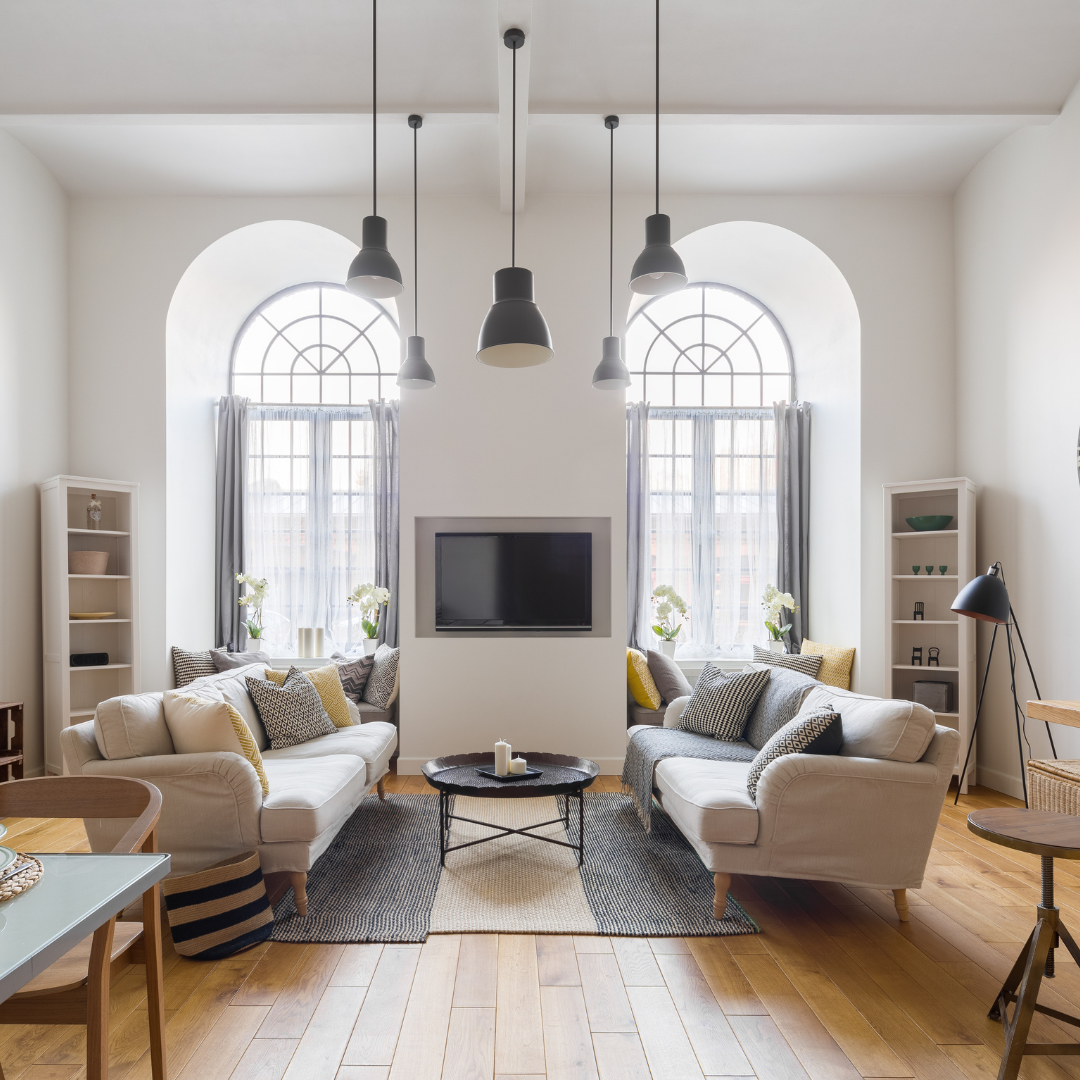
1. Neutralize the Colors: Opt for calming shades like beige, grey, or off-white on the walls. These colors appeal to a wider range of tastes and make the room look more spacious.
2. Strategic Furniture Arrangement: Arrange your furniture away from the walls to create cozy conversation areas. Clear pathways ensure easy navigation and make the room feel more open.
3. Invest in Statement Pieces: Splurge on a few eye-catching items like a stylish coffee table, an elegant sofa, or a striking rug. These pieces elevate the overall look and feel of the room.
4. Add Texture: Incorporate soft throws, plush pillows, or a textured rug to create a warm and inviting atmosphere.
5. Minimize Electronics: While the TV may be a focal point, consider minimizing its presence during showings. Conceal it with a tasteful cabinet or decorative screen.
6. Bring in Greenery: Potted plants, succulents, or fresh flowers can add a touch of freshness and vitality to the room.
7. Thoughtful Accessories: Less is more when it comes to accessories. Choose a few carefully curated pieces like decorative bowls, coffee table books, or elegant candlesticks to add personality without overwhelming the space.
By following these tips, you can make your living room look fantastic and appealing to potential buyers.

Should You Buy a Property that May Need Expensive Repairs or Upgrades?
Picture yourself hunting for a new home and stumbling upon a listing that looks like a dream come true. It's nestled in a fantastic neighborhood, checks off all the boxes on your "must-have" list, and you can totally envision yourself settling in there.
But, there's a catch. There are a couple of pretty serious maintenance issues that are likely to rear their heads in the next year or two. Think roof shingles that desperately need replacing, the furnace will need replacing, or some areas need a major facelift.
Sure, those fixes aren't going to come cheap. So, does that mean you should just move on and forget about making an offer?
Not necessarily. While snagging a home that's move-in ready or close to it is tempting, there are perks to snagging a property that needs a bit of TLC. Depending on how the market's behaving, a home with these issues might be priced lower compared to similar properties. That means the cash you save upfront can go towards fixing things up. Plus, since other buyers might be put off by the same issues, you might face less competition.
Of course, you've got to balance these advantages against the estimated cost of the repairs and upgrades. Do you have enough room in your budget to tackle these when the time comes? How much are we talking about here?
(Usually, you can get a ballpark figure for the cost of these fixes before you even think about making an offer.)
Speak to your mortgage specialist and ask about a mortgage plus improvements. It may be possible to obtain this mortgage and have the work done once you take possession and before you move in.
Ultimately, it boils down to gathering as much info as possible and making a savvy call. Often, taking the plunge and purchasing the property can pay off in the long run.
Have questions, please let me know.

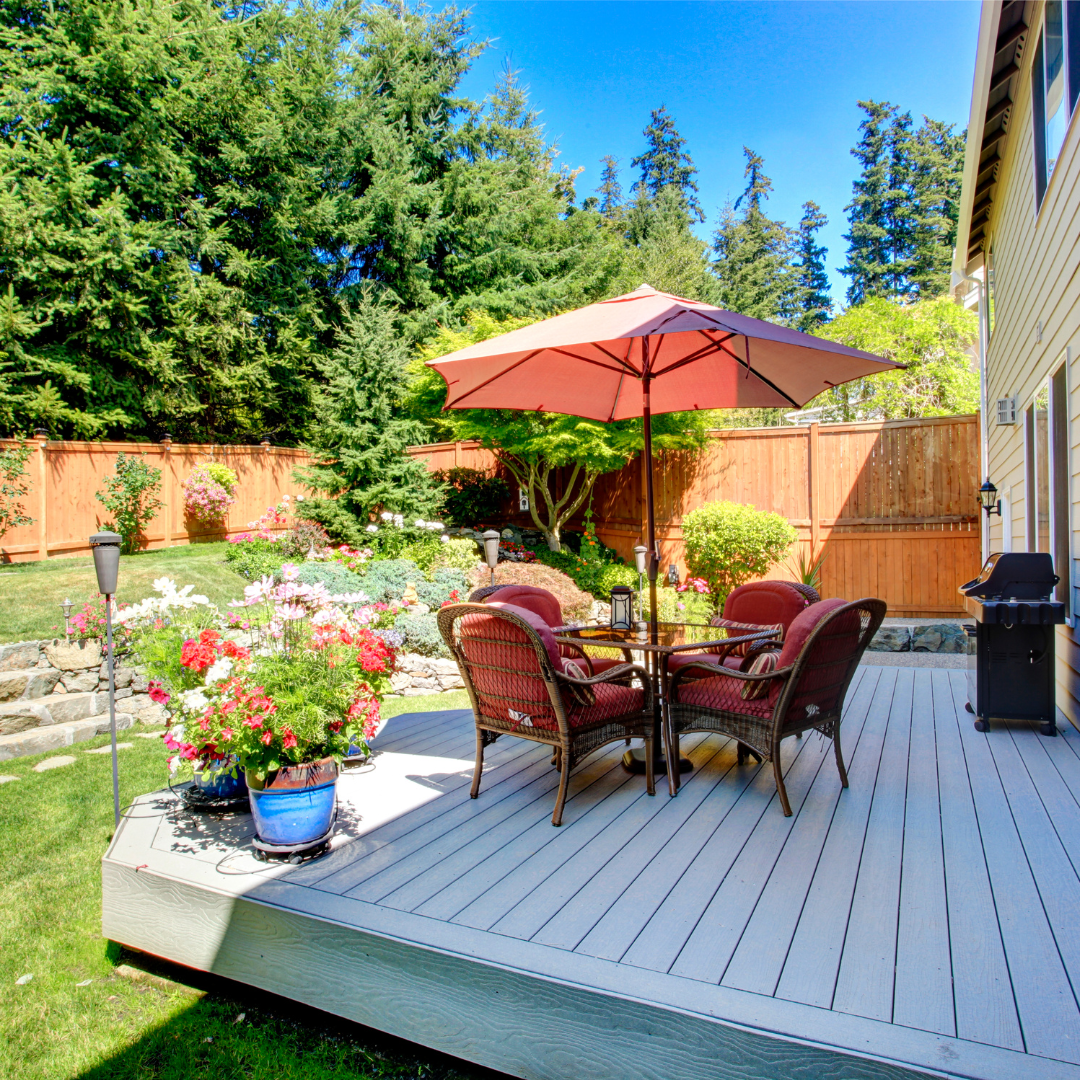



Enhance Your Home's Curb Appeal Without Overspending
The first impression of your home significantly influences potential buyers as they approach your property. The good news is that enhancing your home's curb appeal need not be an expensive or arduous task. Here are straightforward and cost-effective suggestions to elevate your home's external appearance:
1. Apply a New Coat of Paint: Refreshing your home's exterior with a new layer of paint is one of the most impactful yet inexpensive upgrades you can make. Opt for a color that aligns with your home's architectural features and the surrounding environment.
2. Revitalize the Front Door: As the focal point of your home's exterior, the front door warrants special attention. Consider painting it an eye-catching color, replacing it with a contemporary design, or even just updating the hardware like the doorknob and knocker.
3. Incorporate Outdoor Lighting: Installing external lighting serves dual purposes: it enhances your home's curb appeal and also contributes to safety and security. Solar-powered pathway lights, wall-mounted fixtures, or string lights on the front porch are all excellent options.
4. Modernize the Mailbox: An outdated mailbox can detract from your home's overall aesthetic. Consider replacing it with a more modern version or rejuvenating your existing mailbox with a fresh coat of paint.
5. Invest in Landscaping: A well-maintained lawn and carefully chosen plants can significantly boost your home's exterior charm. Add colorful blooms or potted plants to your front porch for an extra touch of elegance.
6. Pressure Wash Driveways and Sidewalks: Over time, driveways and sidewalks accumulate dirt and grime. Consider renting a pressure washer or hiring professionals to restore these areas to their former cleanliness.

Right at Home Realty Brokerage
14 Chamberlain Ave Suite 101 Ottawa, Ontario K1S 1V9
